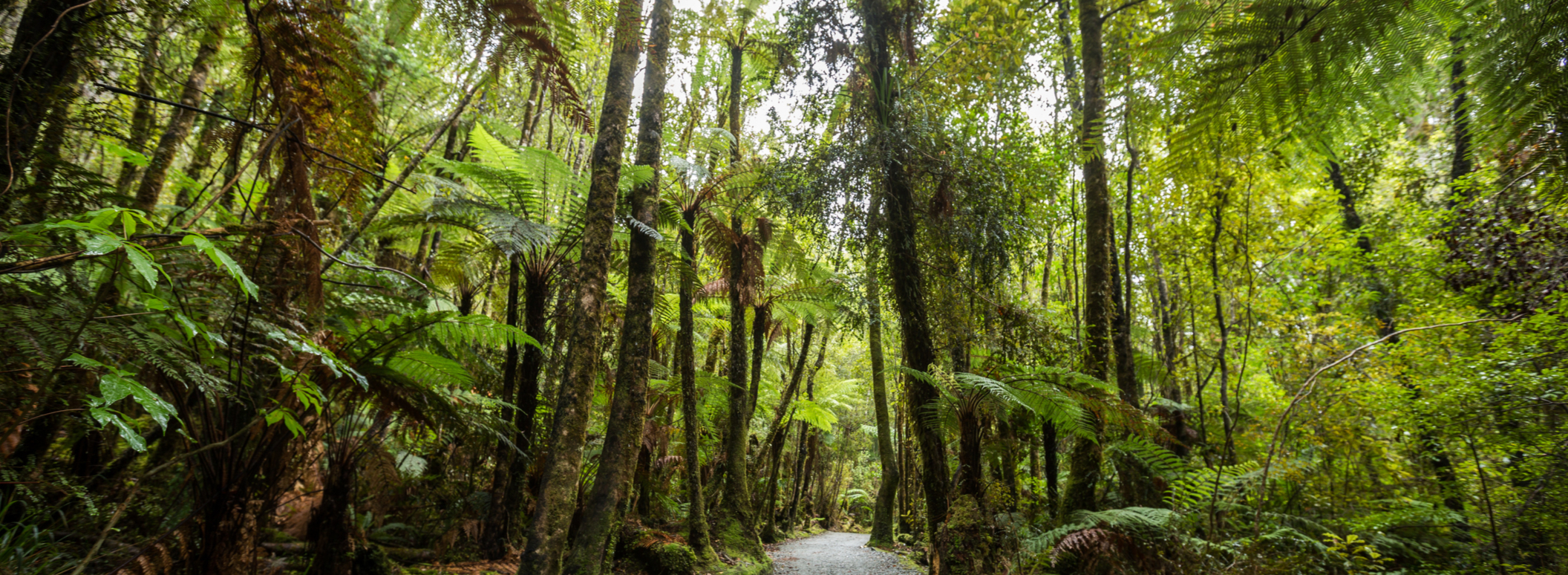What is a High-Performance Home?
As the cost of living and energy prices continue to rise, Kiwi families are looking for smarter, healthier ways to build. High-performance homes are the answer — warm, dry, energy-efficient, and affordable, without compromise.
At EvoCo, we’ve taken the best design principles from Passive House design and made them achievable for everyday New Zealanders.
-
Key Principles of a High-Performance Home
-
Continuous Insulation
Every EvoCo home is wrapped in a complete layer of insulation, reducing heat loss in winter and keeping interiors cooler in summer. -
Airtight Construction
No more draughts, cold corners, or wasted energy. Airtight design locks in comfort while reducing heating and cooling costs. -
High-Performance Windows & Doors
Thermally broken joinery and quality glazing eliminate cold spots and condensation, ensuring consistent temperatures throughout. -
Smart Ventilation Options
Fresh air, less moisture. With controlled ventilation systems, your home maintains healthy air quality and reduces issues like mould and damp. -
Passive Solar Design
We design with the sun in mind. North-facing windows and smart orientation mean your home naturally captures warmth in winter and stays cooler in summer.
Benefits of High-Performance Homes
-
Warm, Dry & Healthy
No more damp walls, mould, or cold mornings. Enjoy consistent indoor comfort all year round. -
Lower Energy Bills
Spend less on heating and cooling. High-performance design slashes running costs, freeing up money for what matters most. -
Peace & Quiet
Better insulation and airtightness mean less noise from outside — creating a calmer, more restful environment inside. -
Affordable Quality
Unlike Passive Houses, high-performance homes are achievable for Kiwi families. EvoCo delivers the performance without the luxury price tag. -
Future-Proofed
Your home is ready for tomorrow’s building standards — built stronger, smarter, and “better than code” from day one.
The Future is High-Performance
High-performance homes are the next step in New Zealand housing — not just an idea for the eco-elite, but a practical, affordable solution for families who want comfort, health, and savings built into their home.
EvoCo is here to make that future available now. Whether you’re building your first home, downsizing, or investing in a smarter way to live, a high-performance home is your chance to do it right the first time.
Sustainable Extras
Either transfer or add-on your preferred solar energy solution to your completed EvoCo after installation, or let us know what you require and we will arrange for solar to be included in your installation. Our homes are significantly lower cost to power than a conventional home so the energy savings provided by solar will keep your running costs to a minimum.
Rainwater collection or harvesting is another popular sustainability solution for homeowners today. You can collect rainwater as a potable supply for your home, or simply use it to irrigate your gardens.
Mechanical Ventilation with Heat Recovery (MVHR) systems provide fresh filtered air into your home whilst retaining 90% of the heat from the outgoing air. This heat is typically generated from your oven, heated towel rails, hot showers and the general running of TVs and appliances among other heat sources.
From selecting cork tiles to organic cotton curtains, water-based paints or upcycled furniture, we can work with you to make your EvoCo home more sustainable by selecting other products or solutions during the Interior Design process.
